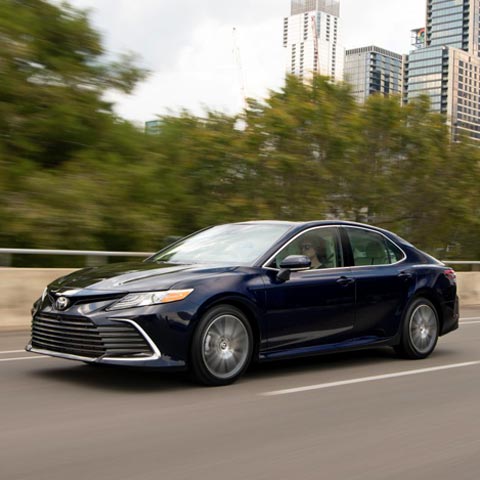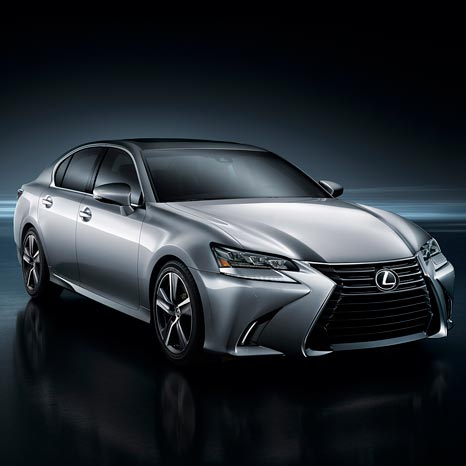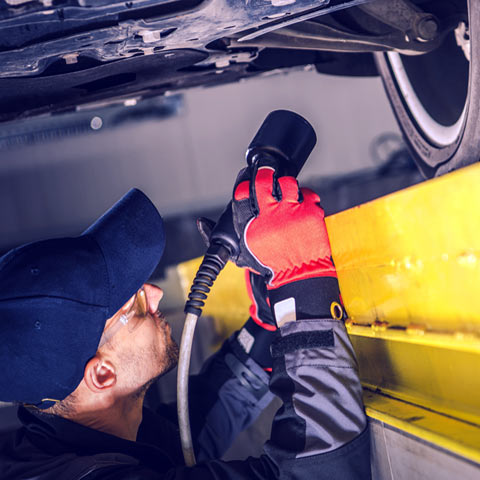The Next Big Short: Automotive Retail Stocks

We are experiencing a frenzy within specific sectors of the financial markets. The automotive retailing space has a front-row seat in this irrational exuberance.
Published on July 1st, 2023. Last Updated on .
It is with little doubt, that the automotive retailing space is certainly in a state of flux these days, as the traditional bricks-and-mortar business model is being put to the test under a COVID-19-induced shock to the system. For the better part of a year, automotive retailers have had to adjust their business models to conform to local and state COVID-19 regulations, and that has caused retailers to rethink every step of the vehicle retailing process.
The paradigm shift was well under way prior to COVID-19, however, as many explored a virtual shopping and delivery model, hoping to replicate a broader shift to an online marketplace, led of course, by Amazon. Two notable pioneers in the automotive space were Carvana and Vroom, which were founded in 2013, and have been leading the way with respect to a virtual automotive marketplace, offering the home delivery of vehicles, which customers had previously not seen on a wide scale.
The onset of the COVID-19 pandemic put these two businesses at the right place at the right time, as social distancing pushed vehicle consumers, and those who sold to them, towards a virtual experience which did not require a dealership visit, or for that matter, any in-person contact.
It is very clear that Carvana and Vroom have benefitted greatly by the restrictions placed upon auto retailers, but given current share prices of those involved in the retailing of cars and trucks, it is a mystery as to who has lost in this new auto retailing marketplace. As the table below demonstrates, the aggregate value of those public companies involved in automobile retailing is up 90% from this time last year—as if all participants will be winners in this new retailing paradigm.
| Company* | Mkt Val - 1/8/20 ($B) | Mkt Val - 1/8/21 ($B) | % Change |
|---|---|---|---|
| Carvana | 15.32 | 47.83 | 212% |
| CarMax | 14.16 | 16.60 | 17% |
| Lithia Motors | 3.70 | 8.43 | 128% |
| Auto Trader Group | 6.96 | 8.00 | 15% |
| AutoNation | 4.06 | 6.58 | 62% |
| Vroom | N/A | 5.30 | N/A |
| Penske Auto Group | 3.88 | 5.01 | 29% |
| CarGurus | 4.13 | 3.66 | -11% |
| Asbury Auto Group | 2.05 | 3.12 | 57% |
| Group1 Auto | 1.76 | 2.68 | 52% |
| Sonic Automotive | 1.25 | 1.80 | 44% |
| Cars.com | 0.78 | 0.81 | 4% |
| Shift Technologies | N/A | 0.67 | N/A |
| TrueCar | 0.48 | 0.49 | 3% |
| Total | 58.5 | 111.07 | 90% |
*All values are approximate, and do not consider any changes in share counts during the year. Shift Technologies and Vroom were not public companies in January 2020, but that is not to suggest that they did not have value at that time.
If we were to think about where the economy was in early January 2020, the economy was booming, auto sales were strong, and few people knew what a coronavirus was. Share prices at that time reflected (with high expectations) the rosy visions that most had for the economy, and it could easily be argued that share prices reflected an over-confidence. That was a year ago. Today, there is a lot of uncertainty in the world. COVID-19-19 has gripped the country, millions more are unemployed, or under-employed, and the nation as a whole, is in a state of unrest.
Those who follow the financial markets know that the markets are always forward-looking, and their performance is an expectation of what is to come, not what is taking place today. So, it is not difficult to understand why investors are choosing to look past COVID-19 lockdowns, high unemployment, and thousands upon thousands of small business (and big business) bankruptcies. However, it is difficult to understand the mindset of the automotive retailing investor. Do these individuals and fund managers feel that the auto business is going to be twice as profitable over the long-term as it was a year ago, and do they believe that all public companies in this space will gain market share vis-à-vis one another? It’s difficult to square this with how economics work.
Of course, some will point to a decreased use of mass transit due to ongoing coronavirus fears, which could result in a higher level of vehicle sales in the future. And, there are those who talk about the efficiencies to be gained by a virtual marketplace, without the need for bricks and mortar locations, and the inefficiencies of stocking inventory across 50,000 auto dealers across the nation. These assumptions are plausible ones---but, do they make these auto retailers 90% more valuable today, than a year ago, and do they expect the pace of vehicle sales to change that much on a go-forward basis? The answer is, not likely.
The bottom line to all this, is that like the .com bubble of 1999, investors are enamored with the prospects of a new, paradigm-shifting way of doing business, and investors are convinced that their favorite company within the space is going to be the winner. The problem, however, lies in the fact that not all will be winners, and someone has to lose. Caveat emptor.
Disclosures: Scott Baker is a 30+ year veteran of the financial services and automotive industries. The opinions in this article should not be interpreted as financial advice, or a solicitation to buy or sell a security. Neither Scott nor CarEdge.com has a business relationship with any company mentioned in this article, or were we paid for writing this article.









